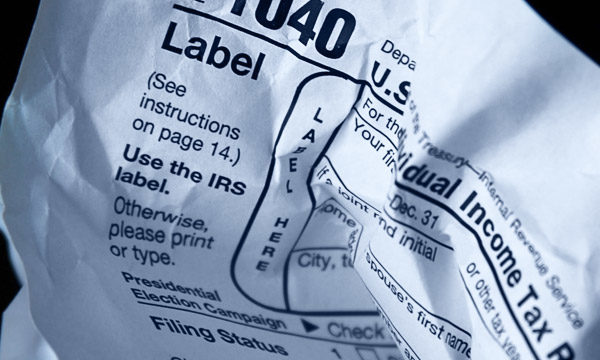
As the clock continues to tick down on this special session, lawmakers get in a rush. With tensions already high, pressure builds, the deadline looms, and that’s when unfortunate things can happen. This time, we hope they won’t.
The budget issues and revenue options that legislators have been considering during the special session haven’t really changed much in months. The governor says the revenue gap is about $650 million. Others say it’s less. The tax bills that were on the agenda for this session are basically the same ones that have been there for a year.
But now that time is running out, the tactical and political maneuvers that always take over at the end are beginning to surface. We hope lawmakers will use caution as they go forward.
One area of concern is with HB 27, the sales tax bill that is at the heart of the entire revenue discussion. While there are other revenue measures out there, HB 27 raises the lion’s share of the money lawmakers want to fill at least some of the gap.
As it came out of the House, it kept one-third of the one penny in expiring state sales taxes and “cleaned” the four other pennies so that the exemptions on all of them were pretty much uniform. It raised about $365 million.
But as it left the Senate Revenue & Fiscal Affairs Committee that amount nearly doubled to $642 million. One could argue about whether the additional revenue is needed, but there should be no dispute that the way they did it represents a step backward in terms of Louisiana’s tax policy.
The amendments to the bill raised the extra money by removing a wide swath of exemptions that primarily impact manufacturers – large and small – and those involved in agriculture. And while there’s a lot of talk at the capitol about “giveaways” to business, whatever you think about that notion, these don’t fall into that category.
Exemptions for machinery used in the manufacturing process and various agricultural equipment and expenses are part of mainstream tax policy that is common among many states. Taxing these items was not part of the governor’s plan and it runs counter to the ideas put forward by the Task Force on Structural Changes in Budget and Tax Policy which studied these issues for months.
From CABL’s perspective our tax policy needs to allow for raising sufficient revenues to provide needed state services, but it must also be about keeping Louisiana competitive with other states. These changes clearly hurt our competitiveness and, if finally approved, would further reduce our rankings measuring the state’s business tax climate.
We understand the politics of what’s going on and the tactics at play. But at this late hour pressures mount and unintended consequences can happen. Unfortunately, this special session was never going to be about major tax reform – just about raising revenues.
But the original plans on the table didn’t hurt our tax structure and, in some cases, improved it. Passing HB 27 in its current posture would actually hurt our tax structure. For a state whose tax policies are broken in several areas, that’s not the direction we want to go.
